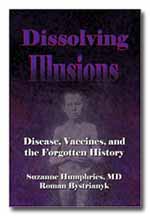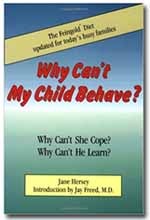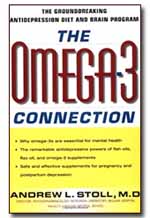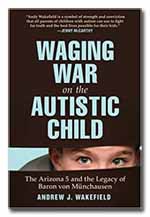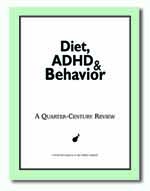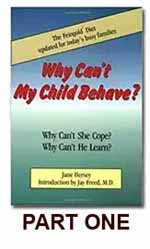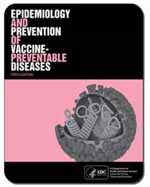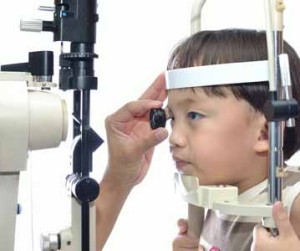 Nystagmus is a condition in which there are rapid involuntary movements of the eyes in any direction. Blurred vision may result.
Nystagmus is a condition in which there are rapid involuntary movements of the eyes in any direction. Blurred vision may result.
Strabismus is sometimes called “crossed eyes.” This condition is the lack of coordination between the eyes, with one or both eyes turning in, out, up or down.
Convergence Insufficiency is a condition in which the two eyes do not work well together to focus on nearby objects or text. It is a leading cause of eyes train, blurred vision, double vision (diplopia), and headaches. (see note below also)
The Diet Connection
In Dr. Feingold’s paper, Dietary Management of Nystagmus (1979) he described two children with eye problems who improved with dietary treatment. Both of them had behavioral problems as well as eye problems – one was throwing tantrums and the other was restless and talkative.
Since Dr. Feingold’s work in the 1970s, very little has been studied on the link between vision problems and diet, although research does show that children with an ADHD diagnosis are more likely to have vision problems. One of the problems many of these children have is called “cognitive insufficiency,” which is a condition where the two eyes do not work together well. Other research reported that Yellow 5 can cause a variety of symptoms including blurred vision (Neuman, 1978), and that MSG (noted in our Foodlists) causes dose-dependent vision deficits in rats (Praputpittaya, 2003) .
- Feingold 1979: Dietary Management of Nystagmus – MedLine || Full Text
- Neuman 1978: The Danger of ‘Yellow Dyes’ (tartrazine) to allergic subjects – MedLine || Full Text || Get Password
- Praputpittaya 2003: Visual Performance in Monosodium Glutamate-Treated Rats – MedLine || Full Text || Get Password
Because of the lack of research, it is impossible to say whether the Feingold Diet or any other elimination diet will help eye problems such as those discussed above.
A note on Convergence Insufficiency
A child might have 20/20 vision and be able to see clearly, but that doesn’t mean that his eyes are able to work together smoothly, especially at close range. This difficulty in focussing on nearby things is called “convergence insufficiency” or CI, and it is three times more common in children with ADHD than in other children.
Dr. David Granet, a professor of opthamology at the University of California, has found that nearly 10% of children with CI had been diagnosed as having ADHD, and that 16% of children with an ADHD diagnosis had the vision problem. This also raises the possibility that children with this disorder are being misdiagnosed as having ADHD. Some of the children had also been diagnosed with anxiety disorder or depression. If you wear reading glasses, and take them off and spend any length of time trying to read without them (especially if you are under pressure to hurry), you might experience some anxiety yourself.
Convergence insufficiency and other vision disorders can be successfully treated with special glasses and vision therapy provided by specialists such as behavioral optometrists, who are knowledgeable in this area.
Although there is no strong scientific connection between vision and diet, removing additives is good for general health, and may be helpful for any concurrent behavior problem, at least. If you decide to try the Feingold (or other) diet for an eye problem, use it for at least a month before giving up. It may also be important to avoid banana, potato, and added benzoate preservatives.
If any readers find that diet has helped their vision or eye function, I hope that they will enter a comment below. This may encourage scientists to do some future research in this area.






